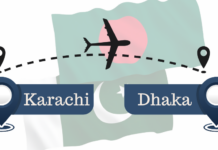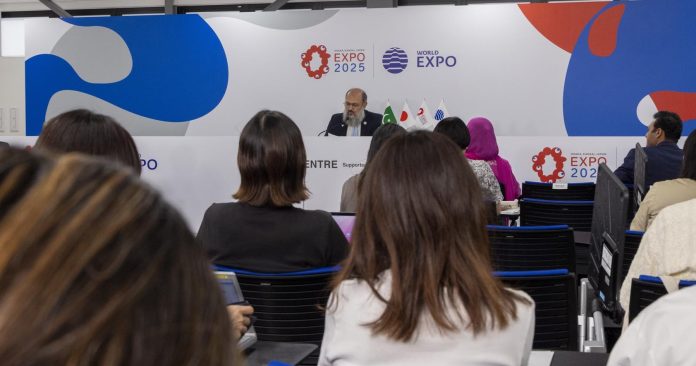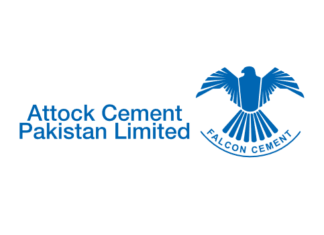Federal Minister for Commerce Jam Kamal Khan on Wednesday outlined Pakistan’s trade potential and export capabilities, focusing on value addition and resource utilization, during a press conference at Expo 2025 Osaka.
Speaking to media representatives from more than 43 national and international outlets, the minister emphasized Pakistan’s approach to global trade, resource-based products, and international collaboration. He highlighted the country’s use of natural elements, such as pink salt, as a central feature of the Pakistan Pavilion, themed “Universe in a Grain of Salt.”
Khan described the pavilion as a platform for showcasing Pakistan’s resources and trade priorities. He thanked the Japan Association for its role in supporting the development and completion of the Pakistan Pavilion.
“The Association’s support enabled the pavilion’s completion and helped establish it as a site of engagement,” he said. “Visitor response has been significant.”
The minister discussed Pakistan’s export sectors, noting established strengths in textiles and emerging sectors such as leather, surgical instruments, and sports goods. He also mentioned the country’s agricultural output, particularly in rice, and highlighted Pakistan’s workforce in the ICT sector.
Khan said the Pakistan Pavilion’s use of salt flooring, interactive exhibits, and other resource-focused features aligns with the Expo’s core theme “Designing Future Society for Our Lives” and the sub-theme “Saving Lives.”
“Pink salt represents more than an export item. It reflects Pakistan’s trade direction and focus on sustainable practices,” Khan said. “Efforts are being made to expand its market presence.”
He invited global visitors to attend Pakistan’s National Day on August 14, 2025, and other upcoming trade-related events at the Expo, including food sampling and product showcases.
The day’s agenda also included high-level meetings and pavilion visits. Khan met with representatives of the Japan Association and toured pavilions of countries including Japan, China, the United States, Saudi Arabia, the United Arab Emirates, France, Qatar, Turkey, the UK, Palestine, Azerbaijan, and Tajikistan. These visits focused on trade discussions and cross-border cooperation.
























